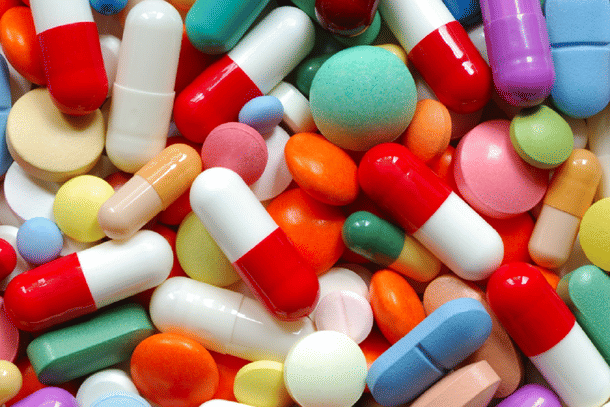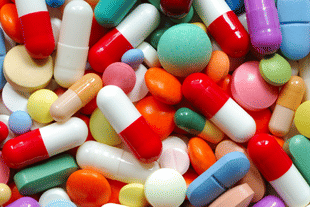News Brief
PLI Scheme For Domestic Manufacturing Of Bulk Drugs : 33 Companies To Receive Incentives Totaling Rs 6940 Crore
Swarajya Staff
Mar 30, 2022, 07:40 AM | Updated 01:50 PM IST
Save & read from anywhere!
Bookmark stories for easy access on any device or the Swarajya app.


The government has received a total of 239 applications under the Production Linked Incentive (PLI) scheme for bulk drugs and 49 of them have been approved till now, the Rajya Sabha was informed on Tuesday.
In a written reply to a query seeking details of applications received and selected under the PLI scheme for bulk drugs, Minister of State for Chemicals and Fertilisers Bhagwanth Khuba said that in total 239 applications have been received for 36 products spread across the four target segments. ''Out of these, 49 applications have been approved by the government till date,'' he added.
The minister further said that the 49 selected applications are from 33 companies. Out of these 33 companies, 13 are Micro, Small and Medium Enterprises (MSMEs) besides some newly incorporated entities.
''The scheme provides for minimum domestic value addition to be achieved by each approved applicant. Thus, these large number of projects approved under the scheme will also accelerate domestic procurement, which will further strengthen the ecosystem and marketplace for MSME sector,'' he said.
Earlier this month, the Department of Pharmaceuticals (DoP) had extended the date of receipt of applications till March-end for the vacant slots under the PLI scheme for the promotion of domestic manufacturing of bulk drugs.
The DoP is implementing three PLI schemes -- Bulk Drugs (Rs 6,940 crore), Medical Devices (Rs 3,420 crore) and Pharmaceuticals (Rs 15,000 crore) -- to promote manufacturing activity.
To ensure greater resilience to external shocks, enforce greater drug security and boost the capacity for domestic production for critical bulk drugs and high-value products alike, the DoP launched 3 incentives schemes to incentivize the global and domestic players to enhance investment and production in these product categories.
The schemes are envisioned to ensure greater resilience of the Indian pharmaceutical industry to external shocks and contribute significantly to achieving a higher objective of affordable healthcare in the country and globally on a sustained basis.





